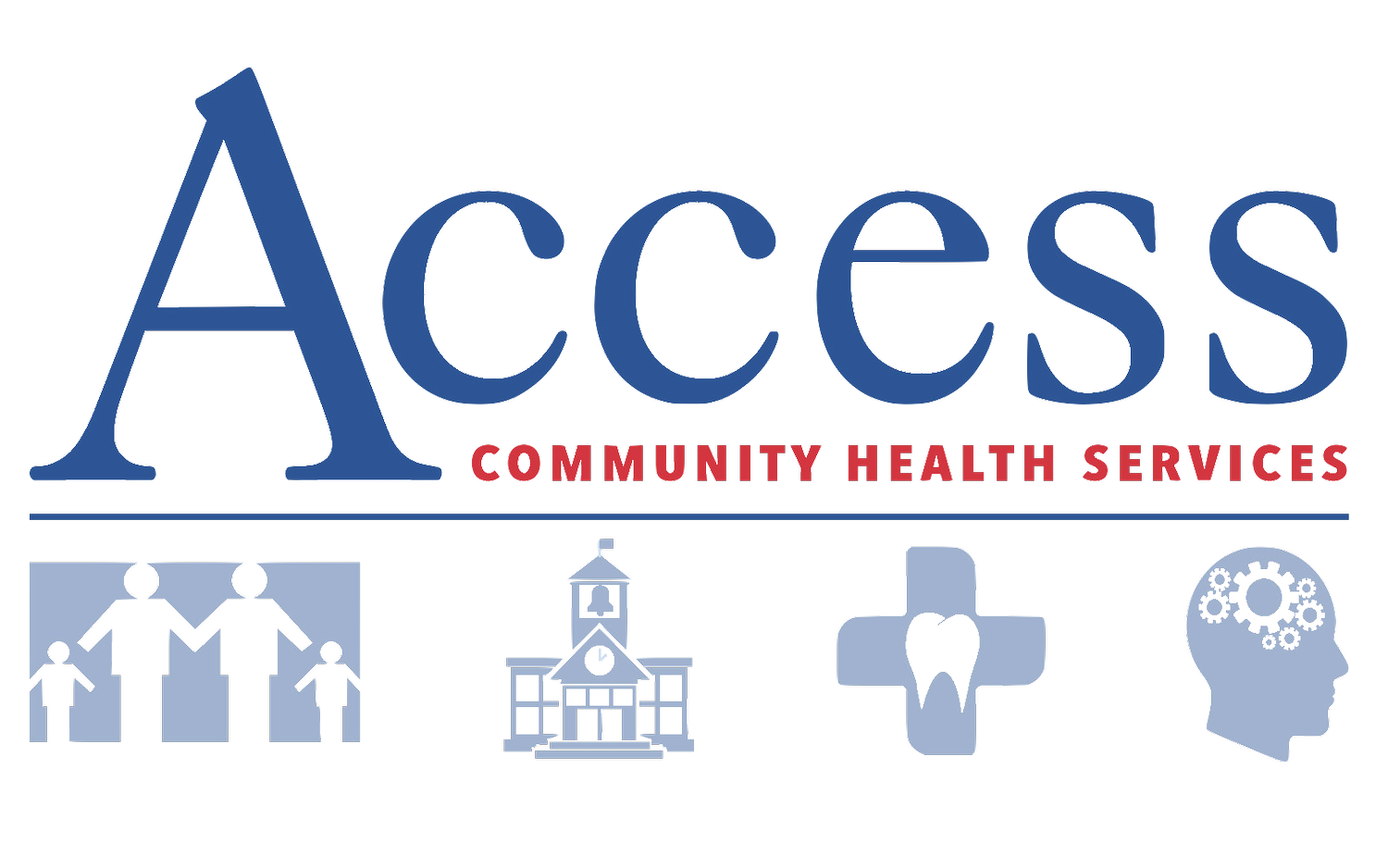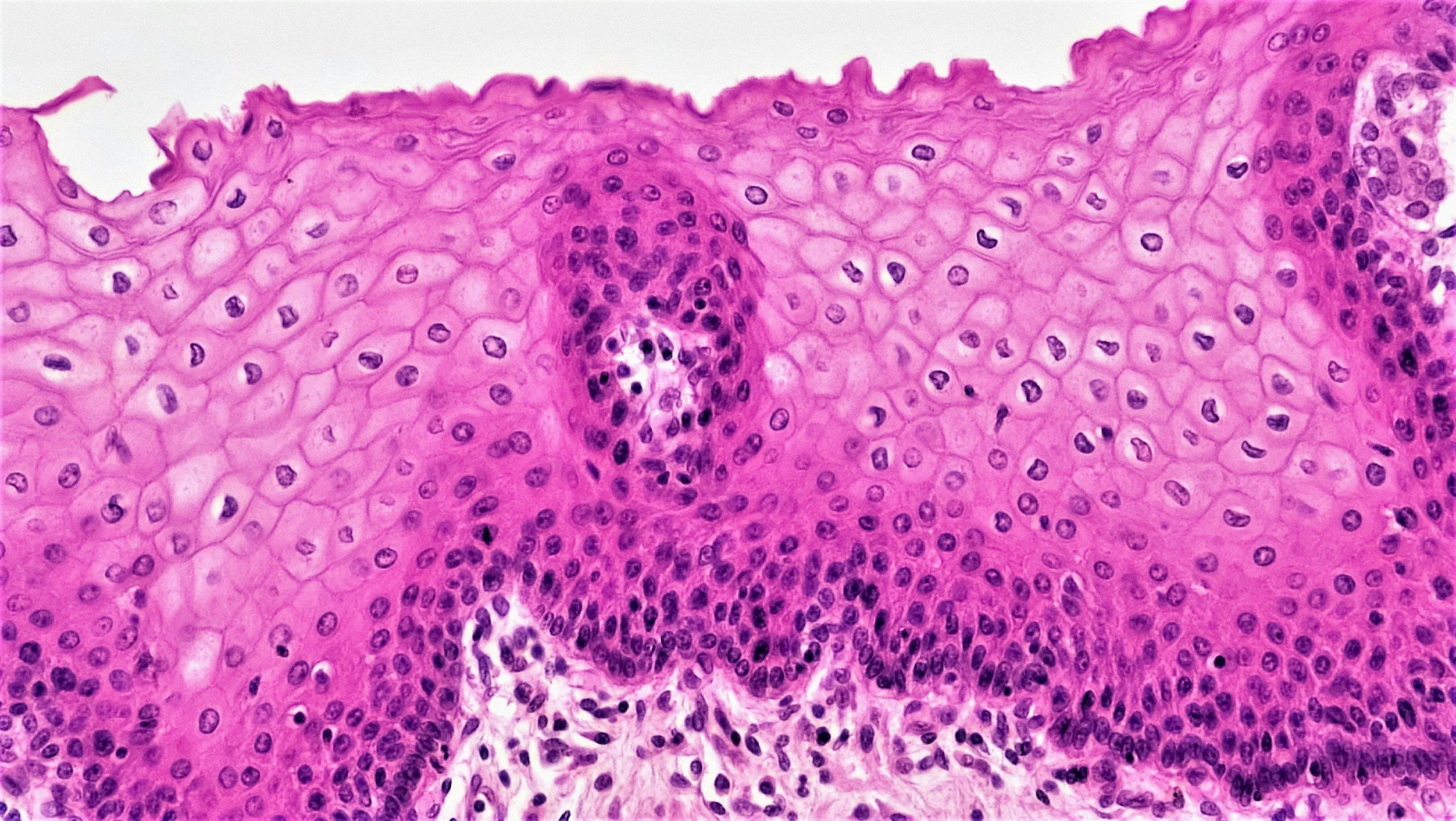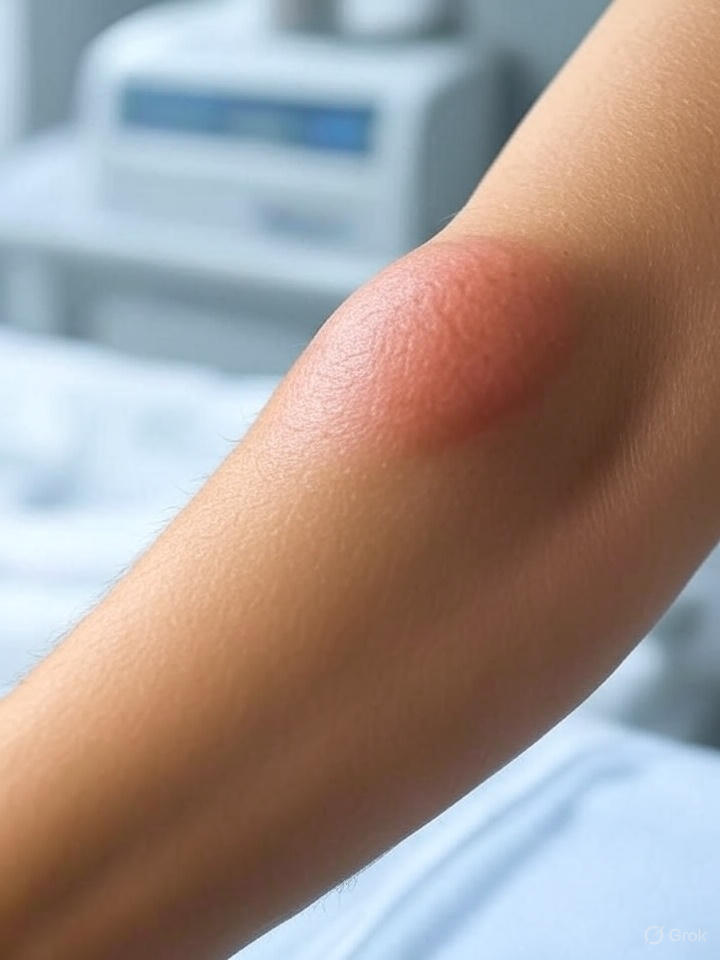July is here, and with it comes an important opportunity to raise awareness for a group of rare, often overlooked cancers: sarcomas. Often called "the forgotten cancer," sarcoma is anything but forgotten for the thousands of people it impacts each year. This month, we're dedicated to bringing these cancers into the spotlight, emphasizing early detection, and celebrating the strength of the sarcoma community.
What Exactly is Sarcoma?
Sarcoma is a broad term for cancers that begin in the body's connective tissues - things like bones, muscles, fat, nerves, blood vessels, cartilage, and fibrous tissues. Because these tissues are found throughout your body, sarcomas can develop almost anywhere. There are over 70 different subtypes of sarcoma, broadly divided into:
Soft Tissue Sarcomas: These are more common and can develop in fat, muscle, nerves, blood vessels, and other soft tissues. They're often found in the arms and legs, but can occur anywhere.
Bone Sarcomas (Primary Bone Cancers): These cancers start directly in the bone. While less common, they are more frequently diagnosed in children and young adults.
Why is Awareness So Important?
Because sarcomas are rare and their symptoms can mimic more common conditions, they're often diagnosed late. Early detection is crucial for improving outcomes. That's why knowing the signs and advocating for yourself or your loved ones is so vital.
What are the Signs?
While symptoms can vary depending on the sarcoma's location and type, here are some general signs that suggest a doctor's visit:
A new lump or a lump that's growing: Often the most common sign. It might be painless at first, but it could be firm, deep under the skin, and hard to move.
Persistent pain: Pain may develop as the lump grows and presses on nerves or muscles. It may worsen over time, especially at night.
Unexplained bone pain or a bone that breaks easily: If you experience bone pain that doesn't go away, or a bone fractures with minimal or no trauma, it's essential to get it checked.
Swelling: Noticeable swelling around a lump or an affected area.
Other less common symptoms: Depending on where the sarcoma is located, you might experience things like stomach pain, feeling full quickly, or changes in bowel or bladder habits (for abdominal sarcomas), or persistent coughing (if it's near the lungs).
It's important to remember that many of these symptoms can be caused by much less serious conditions. But if you notice any of these signs, particularly a new or growing lump, don't hesitate to ask your doctor.
Advancements in Sarcoma Treatment
The good news is that research continues to advance, bringing new hope to those facing a sarcoma diagnosis. Treatment often involves a multidisciplinary approach, including:
Surgery: Often the primary treatment to remove the tumor.
Radiation Therapy: Can be used before or after surgery to shrink tumors or kill remaining cancer cells.
Chemotherapy: Systemic treatment to destroy cancer cells throughout the body.
Targeted Therapies and Immunotherapy: These are exciting areas of research. New drugs are being developed that specifically target cancer cells based on their unique genetic makeup or boost the body's immune system to fight the cancer. The FDA has even approved the first engineered T cell therapy for a solid tumor like synovial sarcoma, marking a significant step forward.
How Can You Help?
This Sarcoma Awareness Month, you can make a difference:
Educate yourself and others: Share information about sarcoma and its signs.
Support research: Organizations dedicated to sarcoma research rely on donations to fund groundbreaking studies that lead to better treatments and, ultimately, cures.
Wear yellow: The yellow ribbon is a symbol of sarcoma awareness.
Be an advocate: If you or someone you know experiences suspicious symptoms, encourage prompt medical attention.
By working together, we can raise the profile of sarcoma, empower patients, and drive progress toward a future where this rare cancer is no longer "forgotten."


